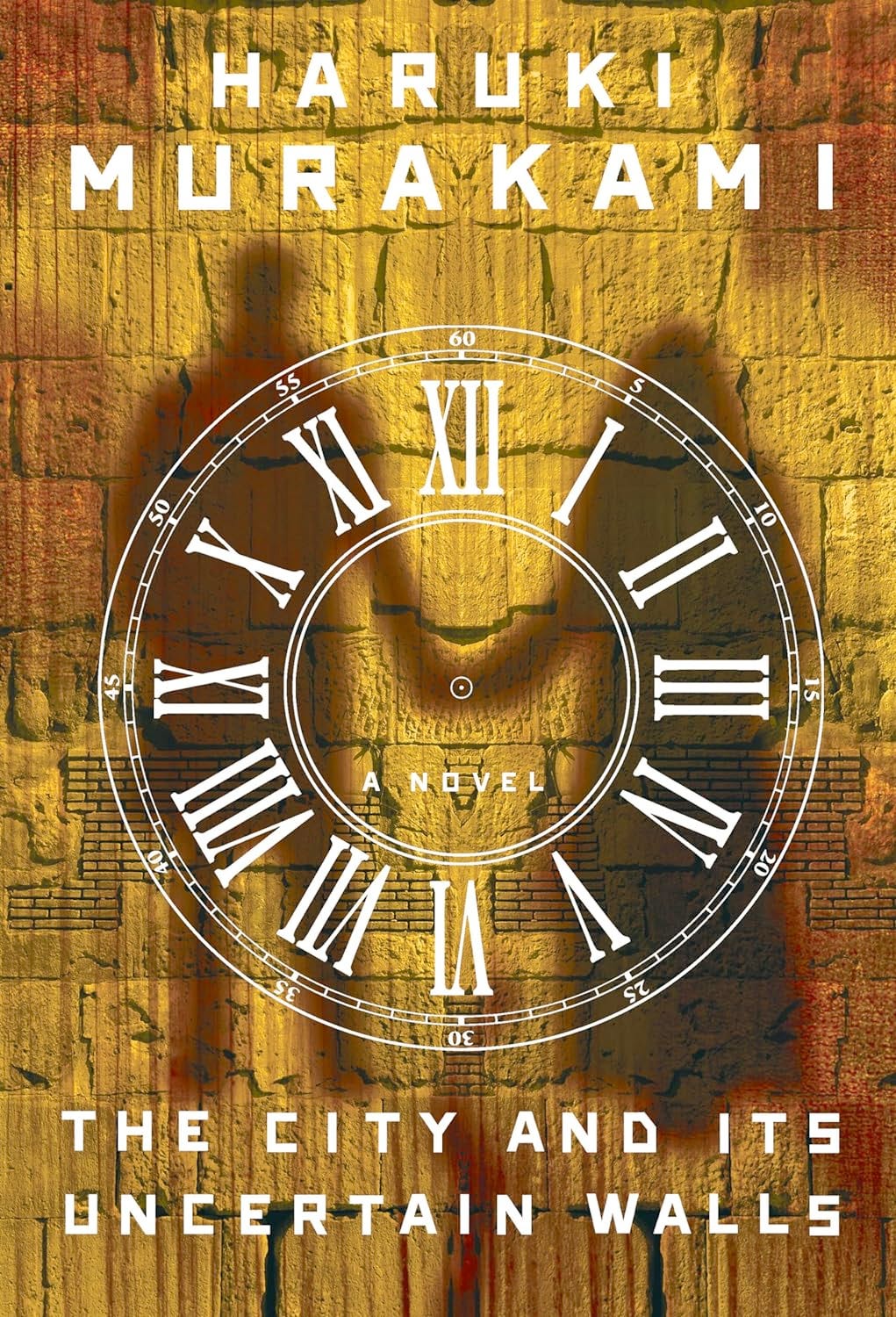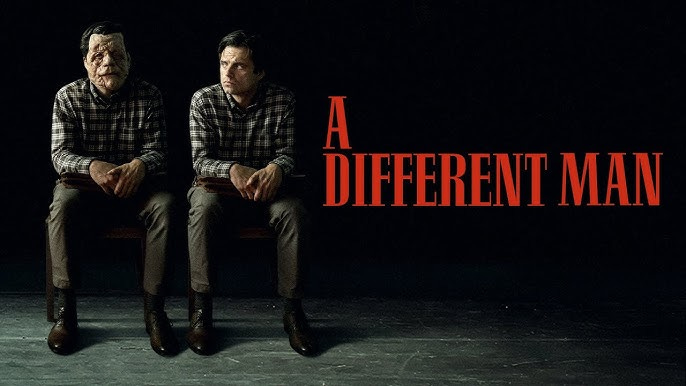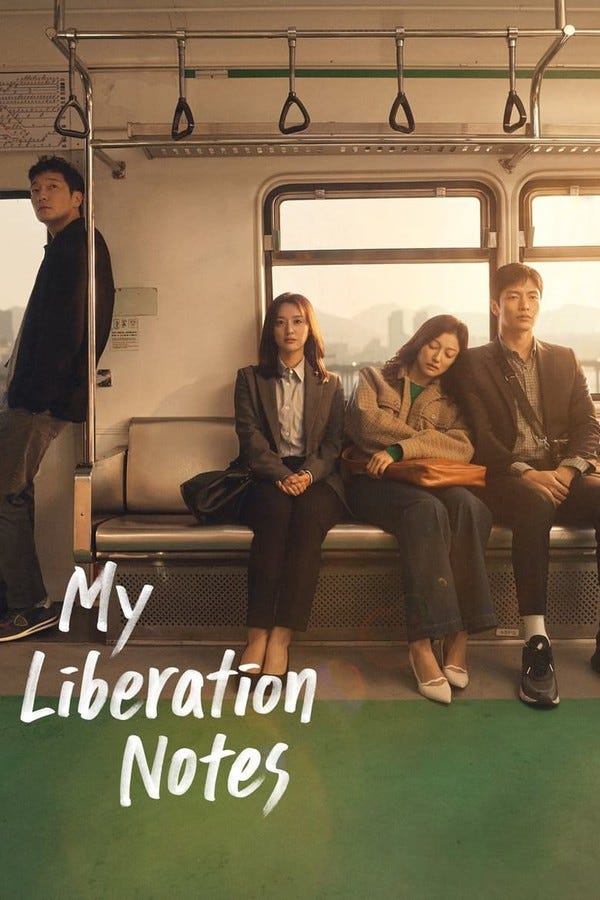I was going to begin by saying something about the election and the fact that we’re in for a fucking long two years until the mid-terms, but I’m all electioned-out. Maybe next time.
At least there’s art and solidarity and the unyielding hope of our ancestors, and for now that will have to be enough.
As always: tremenda gratitud to all our subscribers. Thank you for hanging and for putting up with all my nerditry and for helping to make this substack better with your presence and participation. I hope these posts are helping someone.
The plan here remains the same: deeper tools for deeper work.
AND NOW… FOR ANOTHER OFFICE HOUR!
If you have any questions regarding building stories or the creative life in general — if you have any questions about anything we’ve been discussing — please post them in the comments section below or message me directly.
I’ll try my best to answer them. If I don’t answer it’s because I need to think a lot more before I can provide any insight at all.
And now onto what’s nourished this last month.
READ
I reviewed Murakami’s latest novel for the New York Times. You may read the review here if you wish. The City and Its Uncertain Walls is not Murakami’s best work, not by a mile, but even derivative Murakami has much to recommend it. I wrote:
Like the characters in the books, divided between their real selves and their fading shadows, I found myself divided as a reader, both inside “The City and Its Uncertain Walls” and outside. My shadow self couldn’t shake the sense that Murakami has told this story better elsewhere, or that the novel’s obsessive focus on the narrator’s aimless woes didn’t do its characterization, world-building or psychological depth any favors. It’s as though the novel itself is a melancholic ghost, drained of experiential matter, and there were moments in the reading when I thought the text was trying to turn me into a ghost, detached from feeling, from materiality, from life.
At the same time, my real self was delighted by the novel’s uncanny shell games, by its Murakami voice, which (in contrast to the often anhedonic characters) is so ghostbustingly alive. I was moved by his portrait of impossible loss, how it can carve within us a Stygian underworld to which we are always being summoned. I even interpreted Murakami’s stinting on fictional norms as an attempt to more directly represent the self-exiling quality of melancholic grief.
My brilliant colleague Sarah Lewis has written a masterpiece — but, like, for real. I read this in manuscript and I found myself unable to put it down, my jaw dropping every few pages. A book that explores one of the wildest (and most caucasoid) examples of our country’s racial delusions, all the while demolishing the hegemonic logic that make such racial non-seeing possible. As the Chicago Tribune put it:
Lewis, a Harvard University cultural historian with a specialty in how visual arts shape the world, is one of a few innovators worthy of that overused title "disruptor." She works here in the period from the Civil War to Jim Crow, showing how civic leaders (Woodrow Wilson, P.T. Barnum) willfully disregarded evidence that race was a myth, establishing racial hierarchy. It's a fascinating history of cultural blindness, centered on the Caucasus region in Europe, from which we derive "caucasian," and where scholars rooted whiteness. Americans sympathized with the Caucasus people as they went to war against Russia — and then photos circulated showing a population far from just white. It's a handsome, art-filled book about how choosing to ignore facts creates the illusion of truth.
This is not a book to miss.
https://www.hup.harvard.edu/books/9780674238343
WATCH
This damn movie really blew my mind. Sebastian Stan’s character Edward, who suffers from severe facial neurofibromatosis, is in love with his playwright neighbor, Ingrid, and generally leads a sad sack life — until one day an experimental treatment “cures” him. Aaron Shimberg (the director), Sebastian Stan, Adam Pearson and Renate Reinsve are at the top of their game here. Don’t want to say too much, but will quote from Jessica Kiang’s perfect review:
And the performances surprise endlessly, as each character constantly eclipses the others in terms of terribleness. A terrific Pearson relishes Oswald’s pretentious suavity, while Reinsve brings out the bilious shades of narcissism and condescension in Ingrid’s pretty-person privilege. And Stan is beautifully, brutally ill-at-ease playing a man who has never quite believed he deserved either of his faces, right up to a tragicomic climax that, if anything, could be accused of currying sympathy for those afflicted with an excess of facial ‘formity’. Schimberg’s deliciously twisted play on duality and morality and polarity never answers whether it’s better to be despised for what you are, than admired for what you’re not. But it does impishly insist we count our blessings if we’ve never had to find out.
Looking for a deeply-moving Kdrama that will leave you in tears at the end? My Liberation Notes will not fail you. It’s about three siblings desperate for new lives and the mysterious stranger who throws all their family into turmoil. One of the sisters falls in love with said stranger and our lovers, played by Kim Ji-Won and Song Suk-Ku, got more chemistry than all the other planets combined. Plus there’s the commute from hell, which brought me back to all the commutes from hell that I had to make to work and attend college.
When Kim Ji-Won’s character says "Worship me and make me feel whole” it almost split me in half.
https://www.netflix.com/kr-en/title/81568411
PLAY
All these flamesongs in no particular order, repeatedly. Again, courtesy of my dearest college friend KB who always knows her shit and always keeps me in the new.
FEAST
Boston has a killer Sichuan hotpot restaurant just around the corner from Fenway Park: Shu Da Xia Hotpot 蜀大侠火锅. I’m no expert but it’s the best hotpot I’ve had in years. Highest quality meats and when they say the broth is spicy — believe them. And those free peanuts…
https://www.shudaxiaboston.com/
Well, that’s it for this month, fam.
Talk to you all again soon!










Thanks for the series on settings. I’m still studying. My southern novels seem to turn some readers off. Is there any answer for that?
Hi Junot! Thanks for reading this. Love your Setting series 🙏🏾 this is kind of a two pronged question …
Q: How do you handle when your sentences are coming out dry? Like ways to pull up the guts of what you’re trying say, then say it like a poets arrow?
Q: Any advice on trying to nail what’s missing from something you’ve written, so you can fill it with something interesting?
(Context I write folk music atm I’m trying to lift a few flat sentences. I want to spark imagination, not Zzzs)
Hope this makes sense 🙏🏾